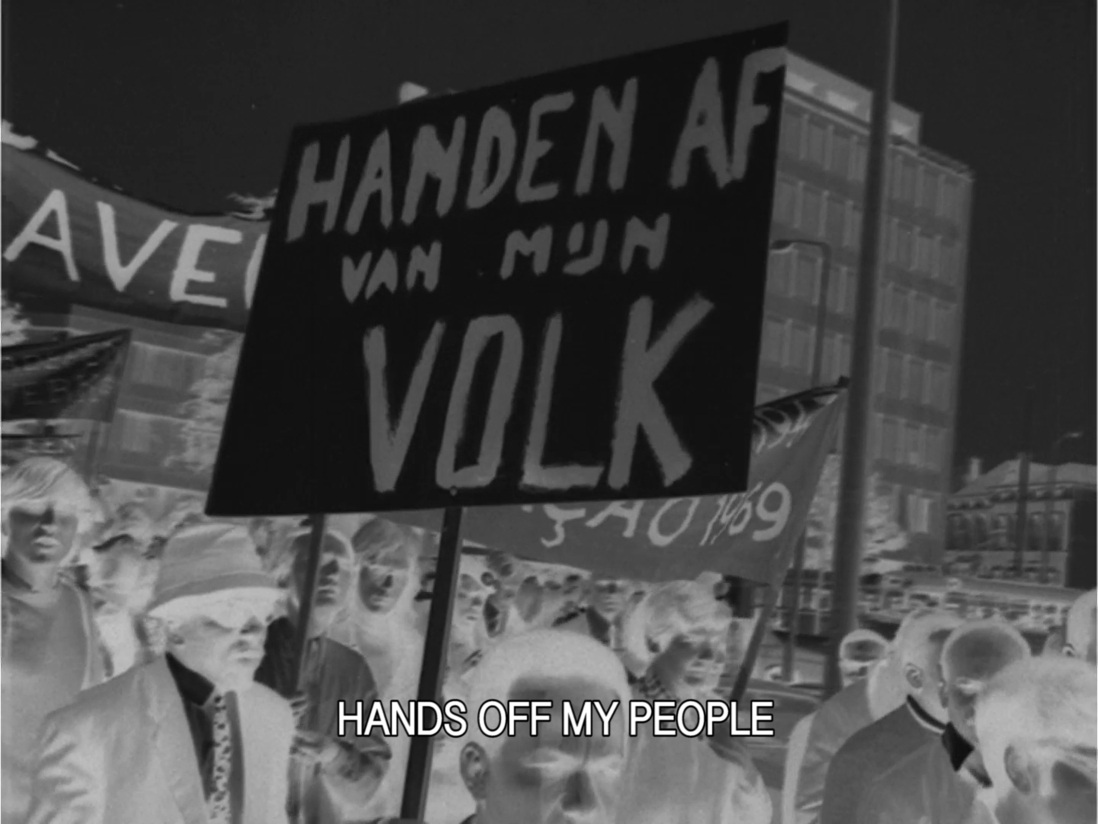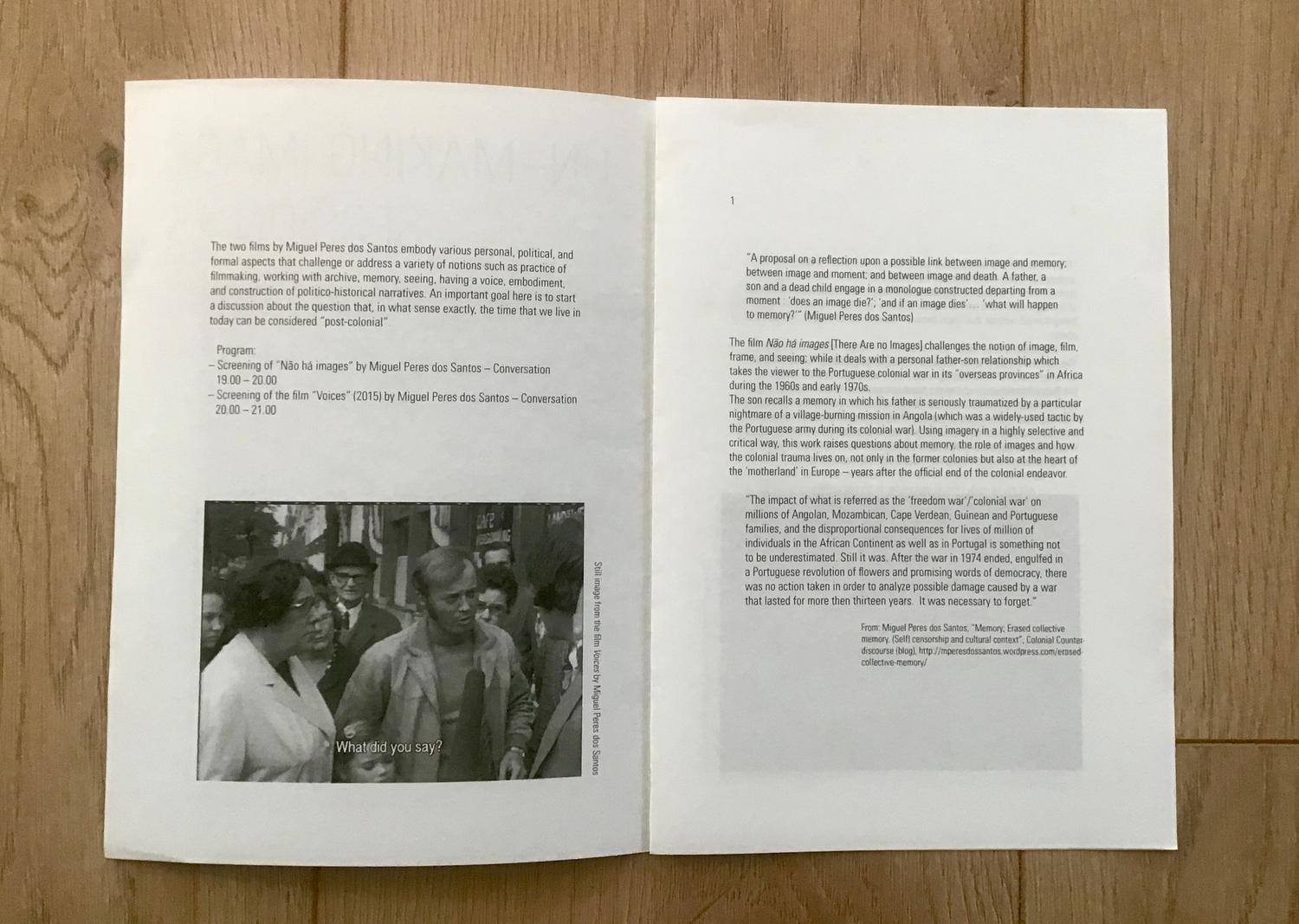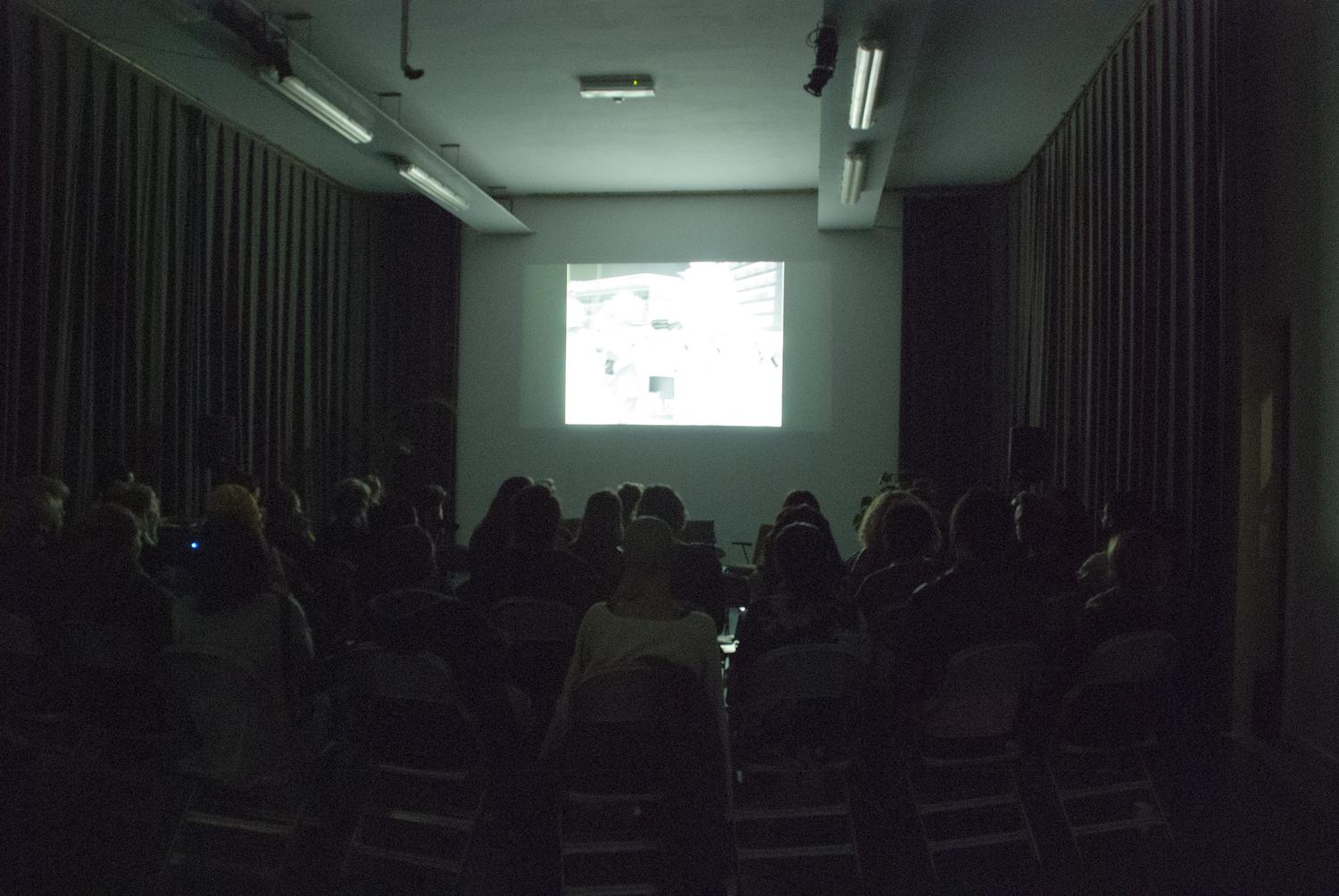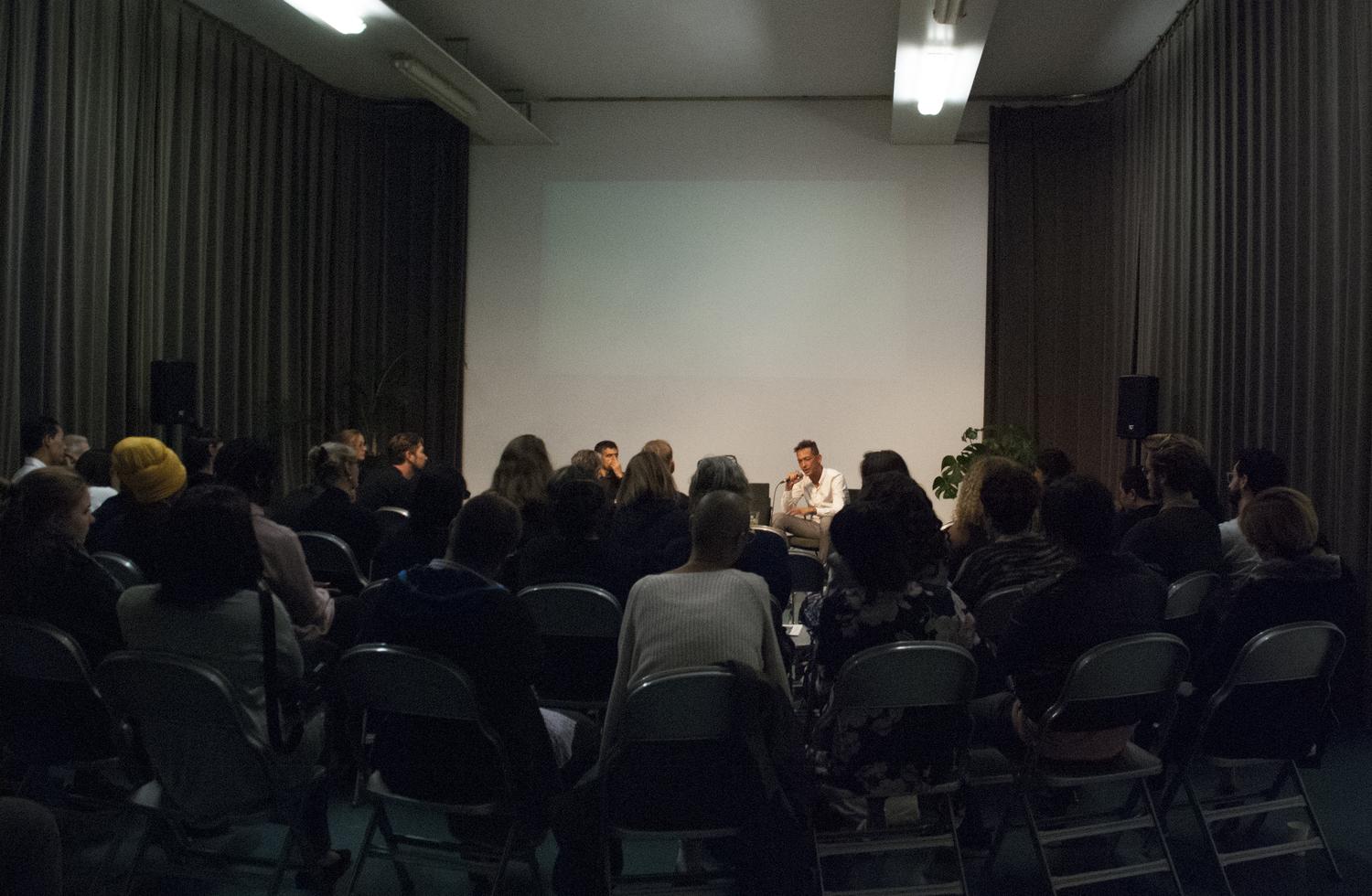Un-Making Image Session #5: "Post-colonial" in what sense?
Date: October 2018
Location: TENT Rotterdam
In the 5th session of Un-Making Image, a long-term project by Sarmad Magazine, we will host Miguel Peres dos Santos, Den-Haag based artist, at TENT Rotterdam and will watch two of his short films (video works), each followed by a conversation with the artist. Each conversation aims to discuss the different personal, political and formal layers of each work extensively.
A main goal of this event is to discuss, together with Miguel and the audience, in what sense exactly, the time that we live in today can be considered “post-colonial”. This event is organized within the theme “Image and Power”, in which Sarmad Magazine tries to investigate how image can essentially be seen as a source of power, an instrument either to reinforce and perpetuate an existing power structure or to resist it.
“There Are no Images” deals with a personal father-son relationship which takes the viewer to the Portuguese colonial war in its “overseas provinces” in Africa during the 60s and early 70s. The film discusses a "possible link between image and memory; between image and moment; and between image and death". Using imagery in a highly selective and critical way, the work points to, among other things, how the trauma lives on, not only in the former colonies but also at the heart of the ‘motherland’ in Europe, years after the official end of the colonial structure.
“Voices” only uses archival video footage from public Dutch TV and creates a particular narrative of the Curaçao uprising of May 30th, 1969, in Willemstad and the racial tensions in the Netherlands as a result of the massive labor migration from Suriname and the Antilles to the ‘motherland’. This film raises critical questions about the repressive workings of institutional archives whose accessibility and structuring of content (“tagging”) is extremely controversial.
About Miguel:
Miguel Peres Dos Santos (°1976, Lisbon, Portugal) is an artist who works in a variety of media. By emphasising aesthetics, Miguel reflects on the closely related subjects of archive and memory. His artworks sometimes radiate a cold and latent violence and demonstrate how life extends beyond its own subjective limits and often tells a story about the effects of global cultural interaction over the latter half of the twentieth century.
They challenge the binaries we continually reconstruct between Self and Other, and between our own ‘cannibal’ and ‘civilized’ selves.





 The Booklet
The Booklet




 The Event
The Event
Date: October 2018
Location: TENT Rotterdam
In the 5th session of Un-Making Image, a long-term project by Sarmad Magazine, we will host Miguel Peres dos Santos, Den-Haag based artist, at TENT Rotterdam and will watch two of his short films (video works), each followed by a conversation with the artist. Each conversation aims to discuss the different personal, political and formal layers of each work extensively.
A main goal of this event is to discuss, together with Miguel and the audience, in what sense exactly, the time that we live in today can be considered “post-colonial”. This event is organized within the theme “Image and Power”, in which Sarmad Magazine tries to investigate how image can essentially be seen as a source of power, an instrument either to reinforce and perpetuate an existing power structure or to resist it.
“There Are no Images” deals with a personal father-son relationship which takes the viewer to the Portuguese colonial war in its “overseas provinces” in Africa during the 60s and early 70s. The film discusses a "possible link between image and memory; between image and moment; and between image and death". Using imagery in a highly selective and critical way, the work points to, among other things, how the trauma lives on, not only in the former colonies but also at the heart of the ‘motherland’ in Europe, years after the official end of the colonial structure.
“Voices” only uses archival video footage from public Dutch TV and creates a particular narrative of the Curaçao uprising of May 30th, 1969, in Willemstad and the racial tensions in the Netherlands as a result of the massive labor migration from Suriname and the Antilles to the ‘motherland’. This film raises critical questions about the repressive workings of institutional archives whose accessibility and structuring of content (“tagging”) is extremely controversial.
About Miguel:
Miguel Peres Dos Santos (°1976, Lisbon, Portugal) is an artist who works in a variety of media. By emphasising aesthetics, Miguel reflects on the closely related subjects of archive and memory. His artworks sometimes radiate a cold and latent violence and demonstrate how life extends beyond its own subjective limits and often tells a story about the effects of global cultural interaction over the latter half of the twentieth century.
They challenge the binaries we continually reconstruct between Self and Other, and between our own ‘cannibal’ and ‘civilized’ selves.










